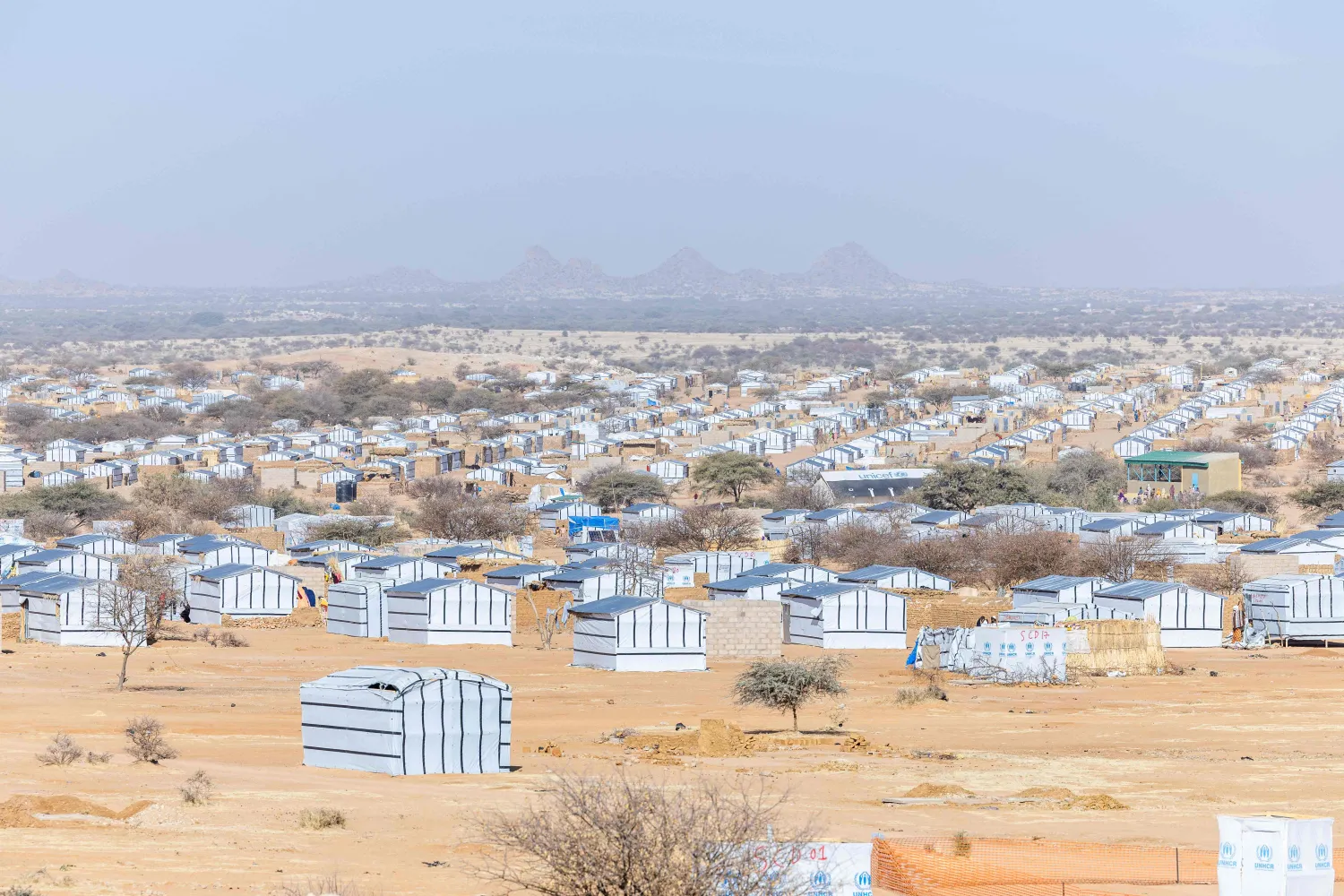Kuwait's government took the oath of office in parliament on Tuesday, state news agency KUNA said, after a months-long standoff between the elected assembly and the appointed prime minister as the country tries to boost its finances.
Dozens of protesters and lawmakers gathered outside parliament before the session in a sign of lingering tensions.
The National Assembly’s first session after a month-long suspension ordered by Emir Sheikh Nawaf Al-Ahmad Al-Jaber Al-Sabah is also due to discuss an amnesty bill.
After elections in December, a majority of lawmakers backed a motion to question Prime Minister Sheikh Sabah Khaled Al-Hamad Al-Sabah on various issues, including his choice of ministers.
The cabinet responded by resigning, and Sheikh Sabah named a new cabinet this month.
The standoff posed the first big political challenge for Sheikh Nawaf, who assumed power in September. On Monday, he voiced hope that the session “sees fruitful cooperation ... far away from any tension”.
“The government must be given the proper time to exercise its authorities and attend to its responsibilities, especially during the current trying times,” said the Emir.
Sheikh Nawaf stressed said that cooperation between the executive and legislative authorities was important for the country, adding that the “law and rulings by the constitutional court were above all”.
He added that article 50 of the constitution regarding the separation of duties among the authorities and cooperation among them was vital for the success of the Kuwaiti democratic process.
He expressed confidence that MPs are up to task and will help the government achieve the interest of the people and maintain the security and stability of Kuwait.
Frequent rows and deadlocks between the cabinet and assembly have led to successive government reshuffles and dissolutions of parliament over decades, hampering investment and economic reform.
A government priority is to push through a debt law that would allow Kuwait to tap international markets to strengthen finances hit by low oil prices and the coronavirus pandemic.









